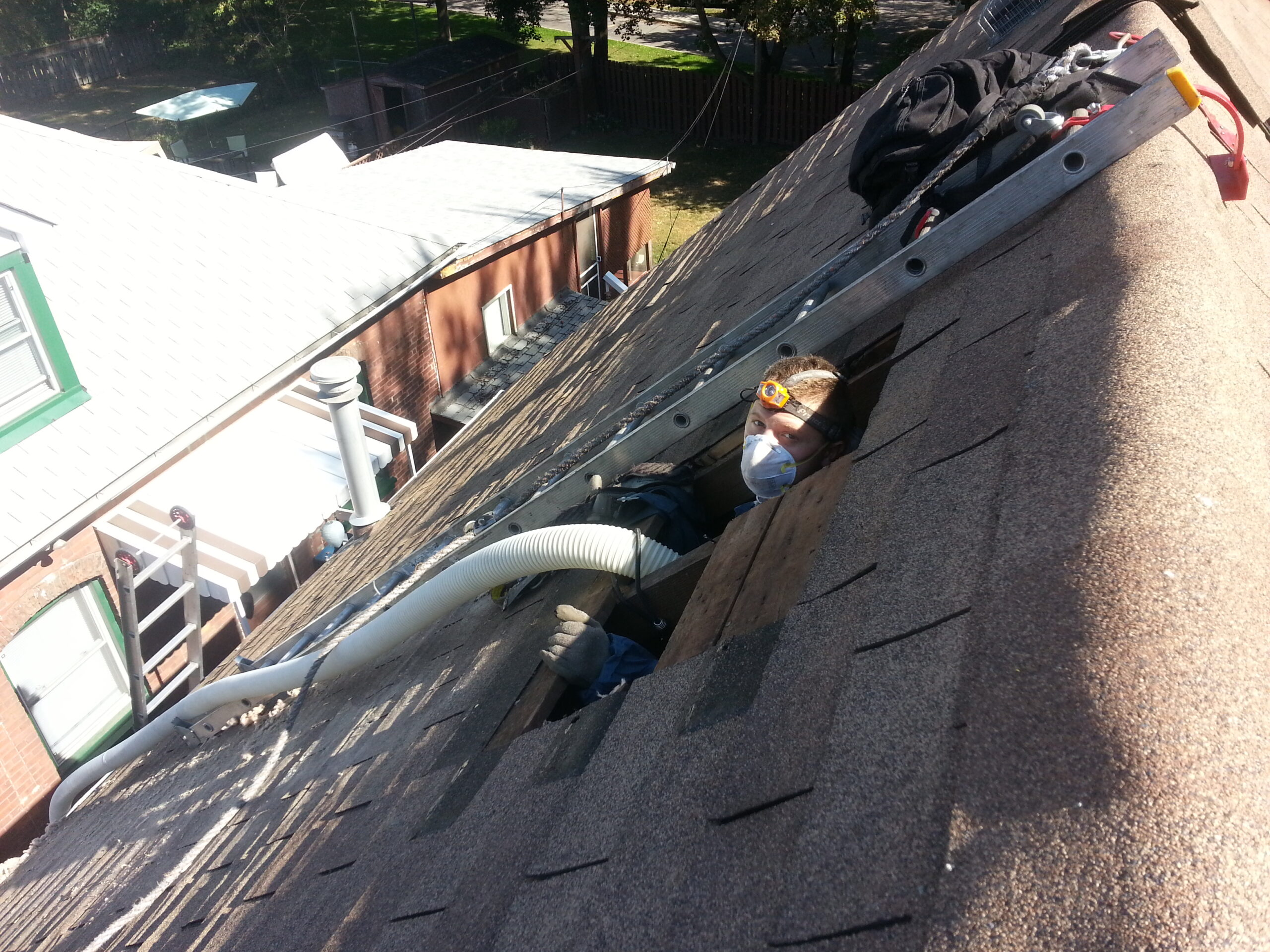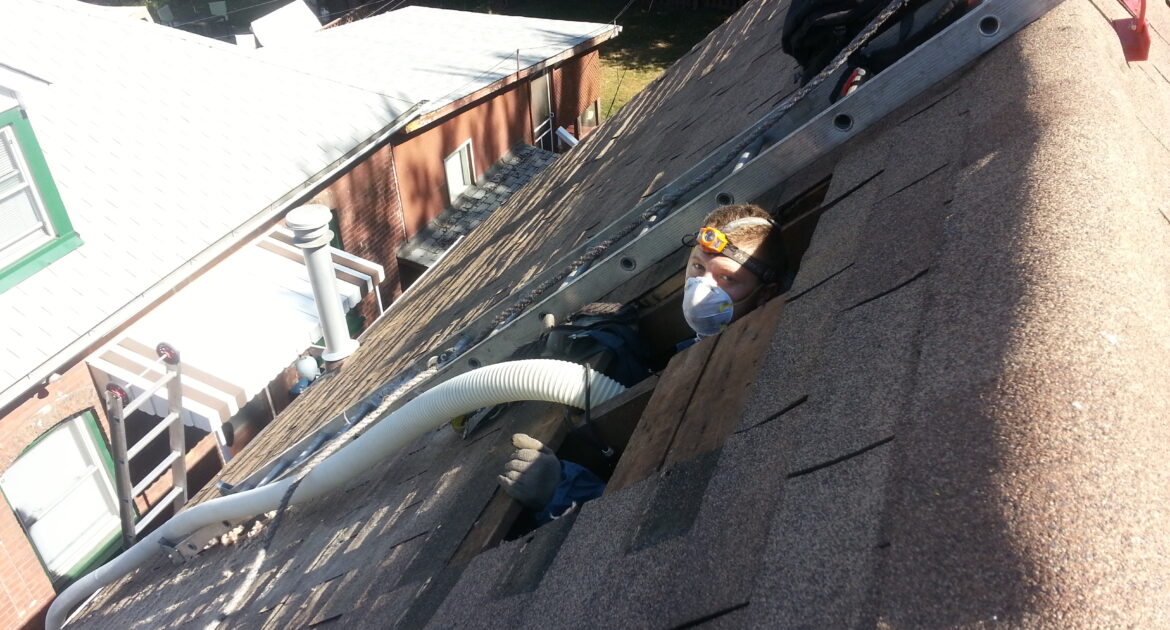You may enjoy seeing raccoons scurry around your property because you think that they are cute creatures, but when they invade your home and start nesting in your attic, you probably will not think they are quite as adorable. Raccoons can cause significant damage to homes and attack humans if they feel threatened, so it is best to keep a distance from the creatures. Unfortunately, many raccoons are attracted to attics, especially during the late winter and spring months when they are preparing to give birth. Here’s what you need to know about why raccoons like attics and what you can do to deter them.
How Do Raccoons Access Attics?
Raccoons are nimble creatures, and with their intelligent brains, they can easily manipulate many materials. This trait makes it easy for them to peel away loose shingles and manipulate small holes in your home’s exterior to give them access to the attic. They are also capable of squeezing through a hole as small as four inches in diameter, so it’s easy to understand how a raccoon can find a hole that has not been patched. They can easily climb downspouts or brick facades to reach your attic, and they can also traverse siding. Both new and old homes are susceptible to raccoon infestations because the creatures can easily access attics.
Why Do Raccoons Like Attics?
Most raccoons living in attics are females looking for secure den sites for their babies. These creatures prefer to be up high to escape predators, and they need a warm location where the babies can thrive when the mother isn’t around. Attics meet all of these criteria.
What Are the Signs of a Raccoon Infestation in Your Attic?
If you have a raccoon living in your home, it is most likely a pregnant female or a new mother. This means that you need to look for kits if you want to get rid of the problem. One of the first signs of a raccoon living in your attic is damage to your home’s exterior. You may see obvious places near your attic where raccoons have manipulated cracks and crevices to create openings in the house.
Another sign of a raccoon infestation is chirping noises that sound like birds tweeting. Baby raccoons are capable of vocalizing from birth, and these noises become louder as they get older. After a few weeks, the sound becomes almost unbearable for many homeowners. If you hear these noises frequently, you probably have an infestation.
Finally, if you frequently see a raccoon close to your home, you probably have a new mother foraging for food to bring back to her babies. Mother raccoons leave their kits behind in the den while they go hunt for food, but they revisit the den several times throughout the day to bring food to the babies, so if you see a raccoon during the day, it is likely you have kits inside of your home.
What Type of Damage Can a Raccoon Infestation Cause?
Raccoons often damage the exterior of your home when they are trying to access your attic. They may peel away expensive building materials and dig holes in the exterior of your home until they can squeeze through the opening. They also leave droppings throughout your attic, and they may chew on wooden structures or exposed wires they find inside the attic. The more raccoons you have living in your home, the more extensive the damage will be.
Call an Expert for Raccoon Removal
If you have a raccoon living in your attic, you need to look for raccoon removal near me. Skedaddle Humane Wildlife Control specializes in getting rid of raccoons without harming the creatures. If you need wildlife control in York, contact us today to make an appointment for raccoon removal.
Our team can locate the raccoons and any babies that may be present. To follow up on your removal, technicians will spot-clean the areas where the raccoons stayed or suggest an attic restoration when needed. Keeping your family safe is the top priority, which is why after all the bacteria is safely removed, any fire hazards or signs for structural damage will be identified. Once the removal is complete, every entry point will be sealed with galvanized steel screens that protect your home for years to come.




